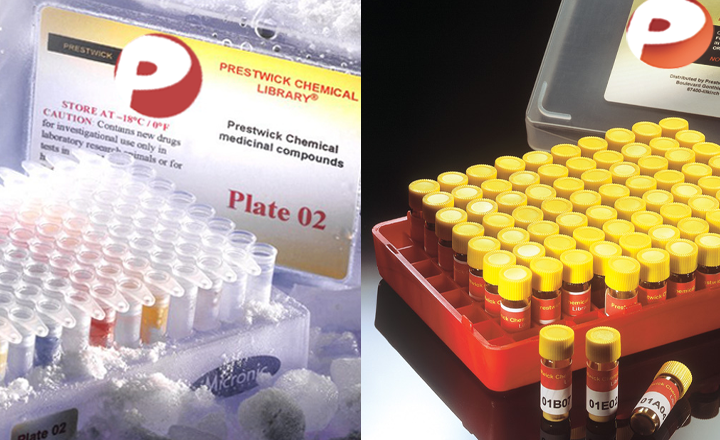Metixene Is an Incomplete Autophagy Inducer in Preclinical Models of Metastatic Cancer and Brain Metastases
Fares, J.; Petrosyan, E.; Kanojia, D.; Dmello, C.; Cordero, A.; Duffy, J. T.; Yeeravalli, R.; Sahani, M. H.; Zhang, P.; Rashidi, A.; Arrieta, V. A.; Ulasov, I.; Ahmed, A. U.; Miska, J.; Balyasnikova, I. V.; James, C. D.; Sonabend, A. M.; Heimberger, A. B.; Lesniak, M. S
J Clin Invest e161142 (2023)
A paucity of chemotherapeutic options for metastatic brain cancer limits patient survival and portends poor clinical outcomes.
Using a CNS small-molecule inhibitor library of 320 agents known to be blood-brain barrier permeable and approved by the FDA, we interrogated breast cancer brain metastasis vulnerabilities to identify an effective agent. Metixene, an antiparkinsonian drug, was identified as a top therapeutic agent that was capable of decreasing cellular viability and inducing cell death across different metastatic breast cancer subtypes. This agent significantly reduced mammary tumor size in orthotopic xenograft assays and improved survival in an intracardiac model of multiorgan site metastases. Metixene further extended survival in mice bearing intracranial xenografts and in an intracarotid mouse model of multiple brain metastases. Functional analysis revealed that metixene induced incomplete autophagy through N-Myc downstream regulated 1 (NDRG1) phosphorylation, thereby leading to caspase-mediated apoptosis in both primary and brain-metastatic cells, regardless of cancer subtype or origin. CRISPR/Cas9 KO of NDRG1 led to autophagy completion and reversal of the metixene apoptotic effect. Metixene is a promising therapeutic agent against metastatic brain cancer, with minimal reported side effects in humans, which merits consideration for clinical translation.


